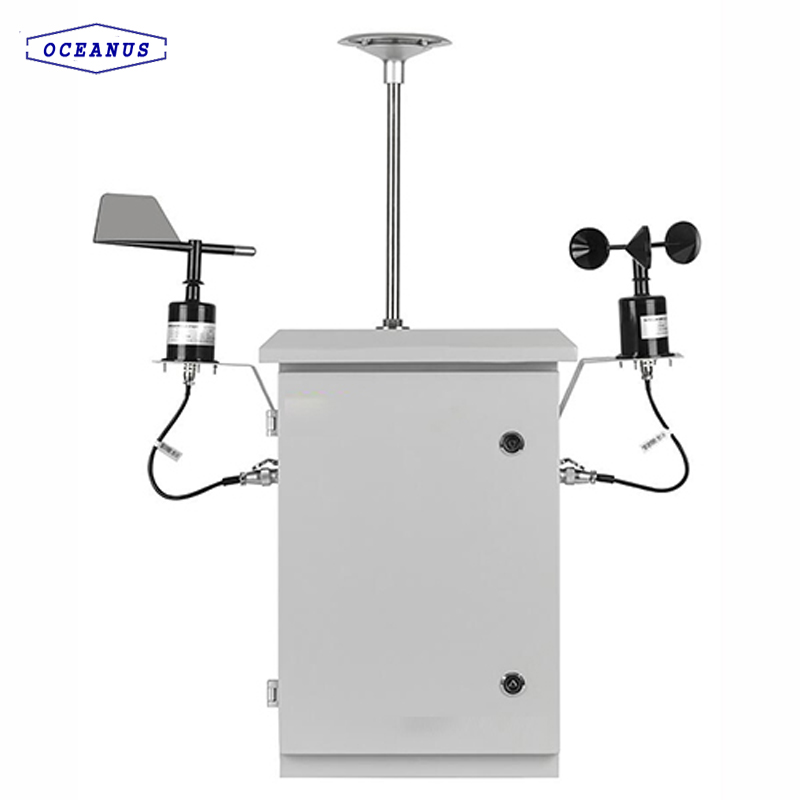Understanding the Air Pollution Problem
In the United States, the Environmental Protection Agency (EPA) collects air pollution statistics. It's important to study these statistics because they show how polluted the air has become in various places around the country. Generally, the statistics reflect the levels of six pollutants, namely, ozone, nitrogen dioxide, sulfur dioxide, carbon monoxide, lead, and particulate matter. There are maximum allowable limits for each pollutant.
Air pollution can cause long-term and short-term health effects. It's found that the elderly and young children are more affected by air pollution. Short-term health effects include eye, nose, and throat irritation, headaches, allergic reactions, and upper respiratory infections. Some long-term health effects are lung cancer, brain damage, liver damage, kidney damage, heart disease, and respiratory disease.
Air pollution causes damage to crops, animals, forests, and bodies of water. It also contributes to the depletion of the ozone layer, which protects the Earth from the sun's UV rays. Another negative effect of air pollution is the formation of acid rain, which harms trees, soils, rivers, and wildlife. Some of the other environmental effects of air pollution are haze, eutrophication, and global climate change.
Human activities have been highlighted as the major causes of air pollution, especially in the cities. To support a larger population, there's a need for energy production, transportation, and industries, resulting in the emission of harmful chemicals into the atmosphere. A list of the human causes of air pollution includes vehicles, domestic smoke and heating, aircraft pollution, outdoor fires, and incineration of waste. To reduce the problems of air pollution, people should be more aware of their actions in these areas.
Other than human actions, air pollution is also caused by natural events. Biological decay and volcanoes release natural sulfur dioxides and nitrogen oxides, affecting air quality in negative ways. Most of the ozone around the ground level is formed when chemical reactions occur in the sunlight but there's also about 10 to 15 percent transported from the stratosphere. Other natural causes of air pollution are natural sources of particulate matters like volcanoes and dust storms, volatile organic compounds, pollen, forest fires, oceans, and forest fires.
The air quality around and within buildings and structures is known as indoor air quality. Indoor air quality has a direct effect on the comfort and health of occupants, whether it's the home, office or other buildings. Some of the common pollutants of indoor air include radon, molds, carbon monoxide, volatile organic compounds, asbestos fibers, carbon dioxide, ozone, and the burning of biomass. Proper ventilation, filtration, and the control of pollutant sources are some of the primary ways to improve indoor air quality.
Our company main products are industrial instruments, including gas detector, gas detection system, particle counter, air quality detector and other instruments. All of the products are widely applied to agriculture and industrial fields.
If you are interested, pls contact us: Email: info@china-oceanus.com, Tel: +86-371-60998169
- Pre:Why Monitor Air Quality 2019/7/12
- Next:New portable gas detector with inner pump 2016/4/11





